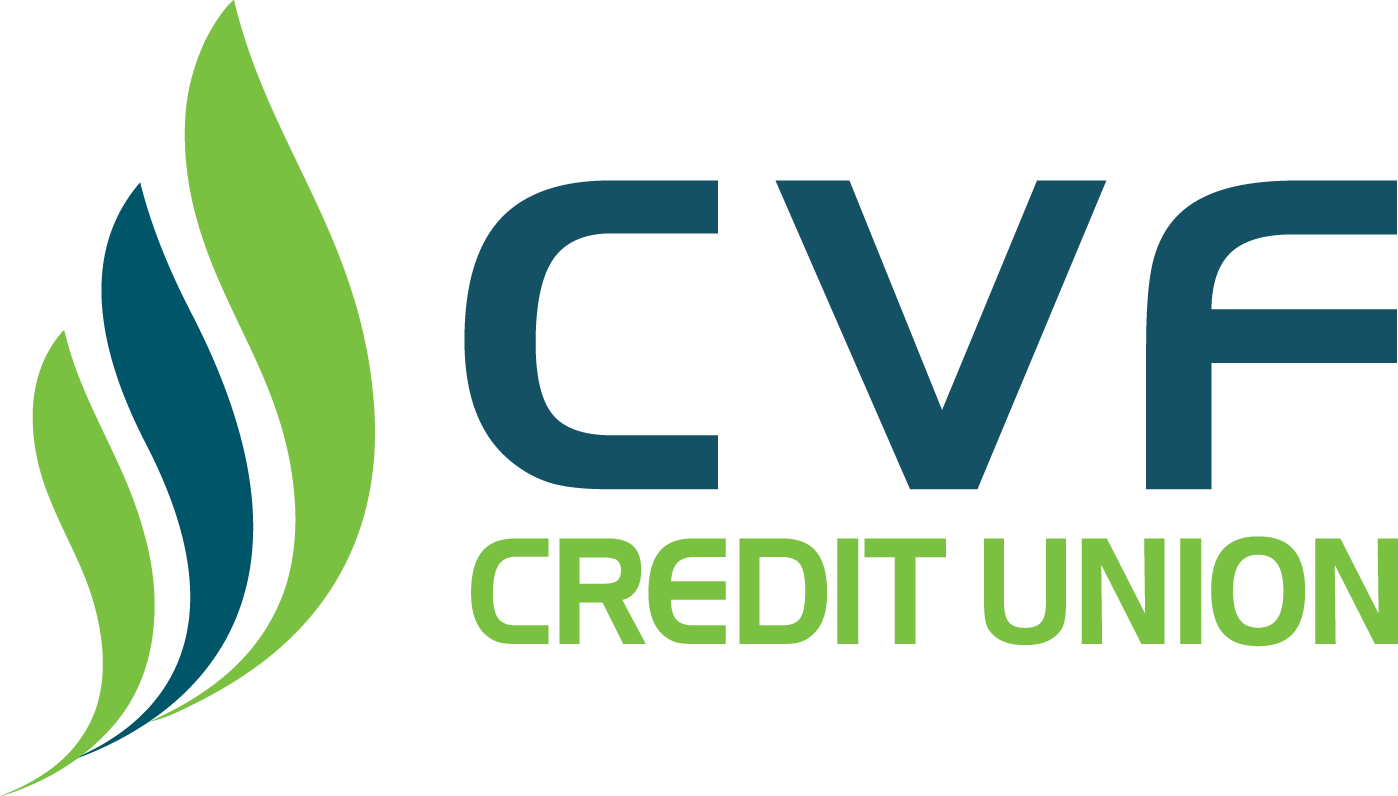
How to Calculate a Lease Buyout in 4 Easy Steps?
How to Calculate a Lease Buyout in 4 Easy Steps?
So, you’re about five months into your lease agreement for your vehicle. It’s been a pretty impressive ride thus far. A bit of luxury and comfort, wrapped into a sleek design. What’s more, the hybrid feature has been saving you hundreds at the gas pump.
While running your fingers over the steering wheel, the realization hits you. You don’t want to have to give this vehicle back at the end of your lease period. What should you do? No need to panic, situations like these are why lease buyout was created!
How does a lease buyout work?
Many Americans choose to lease their vehicles instead of purchasing them. There is a certain level of convenience tied to not having a long-term loan contract for a car. However, if you decide you want to buy the car you are presently leasing, you may be able to do so through a lease buyout.
This option allows you to purchase the vehicle you are currently leasing at the end of your lease term.
How to pay for a lease buyout
Before you start rushing to make plans to purchase the vehicle, it is recommended you check the paperwork from your dealership to ensure purchasing your leased vehicle is an option.
If the opportunity to purchase is available, you usually have two options: paying cash or getting a lease buyout loan. You will also need to inform your dealership ahead of time of your purchasing plans.
A lease buyout loan is similar to a vehicle loan in that you will be authorized based on the amount of money you wish to borrow, and this loan will have an annual interest rate and a loan term (length of the loan).
What to consider before buying out your lease
There are a few things you should think about before making a final choice on purchasing your leased car.
- The current value and condition of the vehicle – It is best to know both the retail value and wholesale value of the vehicle. Retail value speaks to how much you would pay to buy the car from a dealership. While wholesale value refers to how much a dealer would pay to purchase the vehicle at an auction. You will next need to compare the residual value of the vehicle. This is how much it will be worth at the end of the lease period. This will help you determine an estimated cost of what you should pay for the vehicle. If the residual value is higher than the market value, purchasing the vehicle could be a good decision. However, if the reverse is true, this may not be such a wise buy, unless you can negotiate for a lower price with the dealership.
- Consider the timing of your lease – The timing of your purchase could affect the cost of your lease. Purchasing the vehicle before your lease expires is known as an early buyout. This could attract additional fees or charges.
- You may have higher interest rates – Leased vehicles fall into the same category as used vehicles and hence, you would be financing a used car. Used cars typically have higher interest rates than new cars. Moreover, the interest rates that are attached to lease buyout loans are sometimes even higher than new and used vehicles.
Is it worth it to buy out your lease?
If you have truly fallen in love with your leased vehicle and are ready to drive it long-term as opposed to entering another lease, it could be really tempting to buy out your lease. However, there are some things you should consider first. The main question you should be asking yourself is, “Is this vehicle worth buying?”
And that question is answered when you know the value of the vehicle. Understanding the vehicle’s residual, wholesale and retail value is the first step to knowing if this will be a good purchase.
The next step is to evaluate your fees. If you have exceeded your allotted mileage on your agreement, or the vehicle has interior and exterior damage, this may bring additional fees when you return your vehicle at the end of your lease period.
If you make a profit by buying out your lease and making the repairs, then reselling the vehicle then, by all means, go ahead!
How you calculate a lease buyout in 4 easy steps
So, you’re ready to make the decision, but you first want to know how to calculate your lease buyout. Here are 4 easy steps to follow:
- Determine the residual value – Most times this amount is stated in your lease agreement.
- Determine the present value of the vehicle – The fact is, vehicles depreciate. Wear and tear, mileage, the year, make, and model all affect the value and how fast it depreciates.
- Compare the residual value to the present value of the vehicle.- This is where your negotiation power comes in if the residual value is higher than the actual value.
- Calculate license and registration fees and sales tax. – Registering the vehicle in your name comes with additional fees. You can view these fees on Michigan’s Department of Motor Vehicles (DMV) website, so you can get an exact number. A used car sales tax may also be applicable.
To conclude, there are many things to consider before buying out your lease. Understanding the value of the vehicle and if it will profit you, in the long run, are things to keep in mind. If you choose to purchase your leased vehicle, check out our used auto loans for the best rates!


